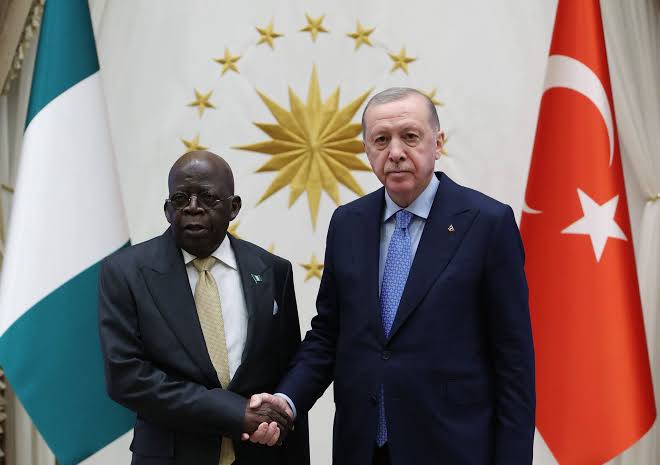The massive streaming service, Spotify has stated that it intends to generate an extra $1 billion in revenue for both professional and up-and-coming musicians on its platform over the next five years.
This was announced by Spotify on Tuesday, November 21, in a blog post outlining the several measures in progress to improve its support for musicians.
The industry leader in music streaming says it is dedicated to working together to improve payment distribution processes with indie labels, major labels, label distributors, and artists and their teams.
“As Spotify’s payments to the music industry reach over $40 billion and counting, we want to ensure that the funds are reaching the professionals and up-and-coming musicians that our platform is meant to support.
“Nevertheless, three specific royalties pool drains have now reached a tipping point as Spotify’s royalty pool and catalogue have grown significantly. Therefore, in order to implement new policies that will (1) further discourage artificial streaming, (2) better distribute small payments that aren’t reaching artists, and (3) rein in those trying to game the system with noise, we’re working closely with industry partners, artist distributors, independent labels, major labels, label distributors, and artists and their teams.
“By addressing these issues now, we can drive approximately an additional $1 billion in revenue towards emerging and professional artists over the next five years, even though each of these issues only affects a small percentage of total streams.”
Spotify plans to implement eligibility criteria for track monetization in early 2024. This means that when it detects egregious fake streaming on material, it will charge labels and distributors per track.
Spotify said that this new deterrent comes after the formation of the Music Fights Fraud Alliance and the release of enhanced artificial streaming detection technologies earlier this year.
Additionally, for music to generate recorded royalties by the following year, they must have received at least 1,000 streams in the preceding 12 months.
Spotify will not profit from this model. The amount of the Spotify music royalty pool that is distributed to rights holders remains the same; instead of dividing it up into $0.03 payments, we will use the tens of millions of dollars that are paid out annually to enhance payments to all qualifying tracks.
This action is intended to create a more equitable environment for musicians in useful genres and deter record labels and distributors from carrying on releasing music by well-known troublemakers who “attempt to divert money from honest, hardworking artists.” These fees will help us in our ongoing efforts to prevent fraudulent activity on the platform and in the industry,” Spotify continued.









